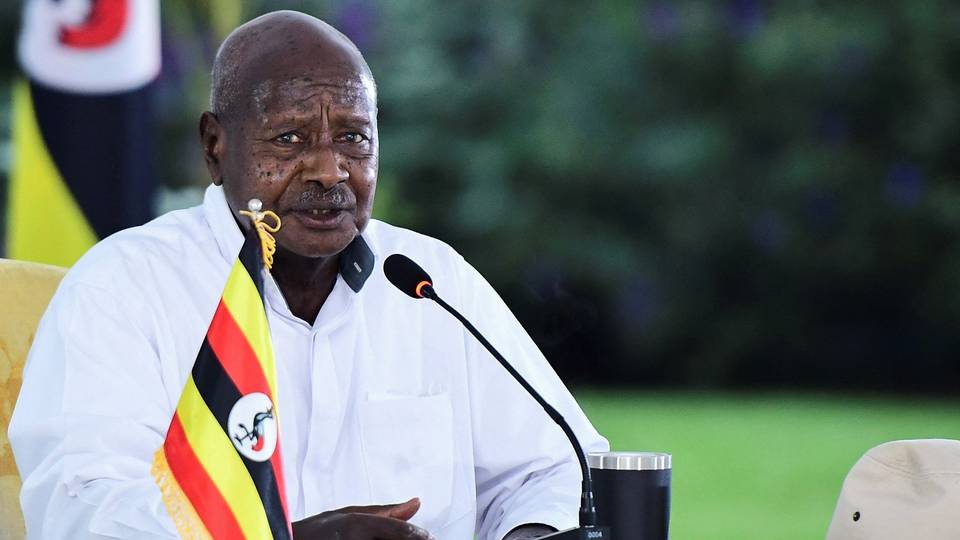Dollar
35,2164
0.04 %Euro
36,7574
-0.09 %Gram Gold
2.958,3900
-0.34 %Quarter Gold
4.923,6800
-0.29 %Silver
33,4100
-0.08 %Decision comes as country grapples with rising public debt that has reached an unprecedented level.

The Ugandan government will cut external borrowing by 98% to curb the country’s rising debt, according to the Finance Ministry.
The ministry also announced significant reductions in government spending and domestic borrowing for the financial year 2025-26.
Overall spending will be slashed by more than 20%, as well as reduce domestic borrowing through Treasury bonds by 54% in the next financial year to alleviate debt pressure and prevent a crisis.
The decision comes as the country grapples with rising public debt, which rose to $25.6 billion in June from $23.7 billion the previous year, according to ministry data.
Unprecedented debt
As of 2023, Uganda’s public debt had reached an unprecedented level, accounting for 52% of GDP.
The escalating public debt has raised public concerns about a potential full-fledged debt crisis if immediate urgent is not taken to reverse the current trend.
Although the government claims the borrowed funds were used to boost economic growth, the surge in public debt has resulted in credit rating downgrades.
Ramathan Ggoobi, the permanent secretary of the Ministry of Finance who also serves as the Treasury secretary, told Anadolu that Uganda has weathered several shocks, including high inflation and interest rates.
Impact on economy
He assured that those in charge of fiscal and monetary policy are working tirelessly to ensure that the debt has no negative impact on the economy.
“The size of the economy has expanded to about $53 billion, and foreign direct investments have grown impressively because of good economic management, among our priorities is to ensure that the huge public debt doesn’t affect economic growth,” he said.
“Fiscal consolidation is on track, among the many ways to sustain debt is to make sure the economy grows,” he added.
Crisis path
The World Bank's International Debt Report recently stated that record debt levels, combined with high interest rates, have put many countries on the path of crisis.
The report further notes that “every quarter that interest rates stay high, results in developing countries becoming distressed – and facing the tough choice of servicing their debts or investing in public health, education or infrastructure.”
➤Click here to follow our WhatsApp channel for more stories.




















Comment